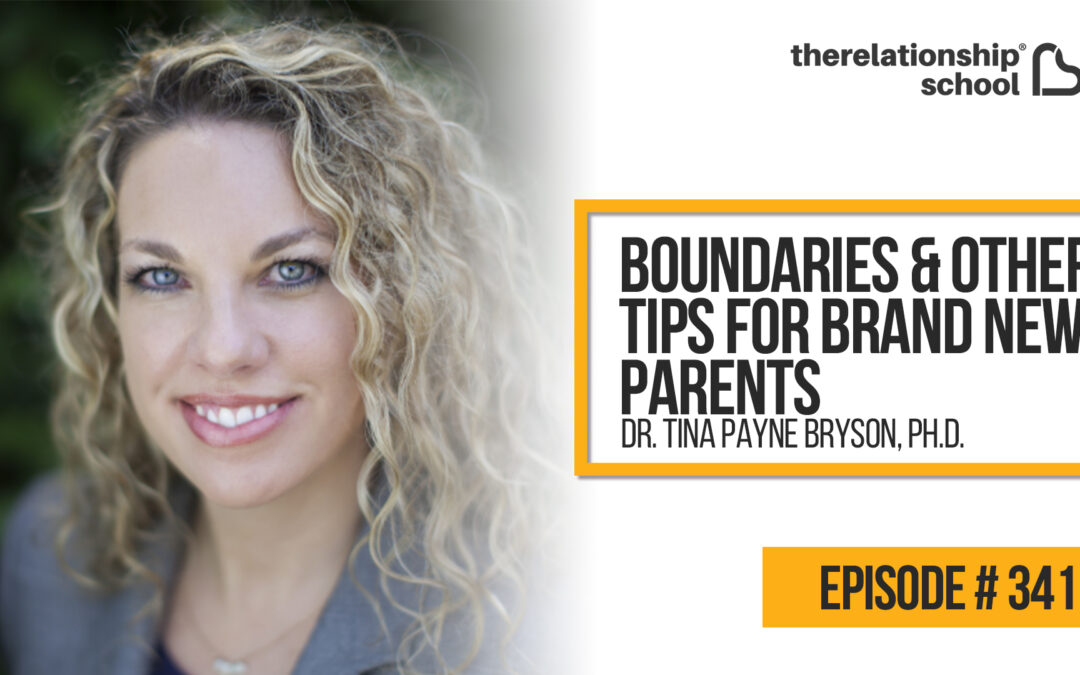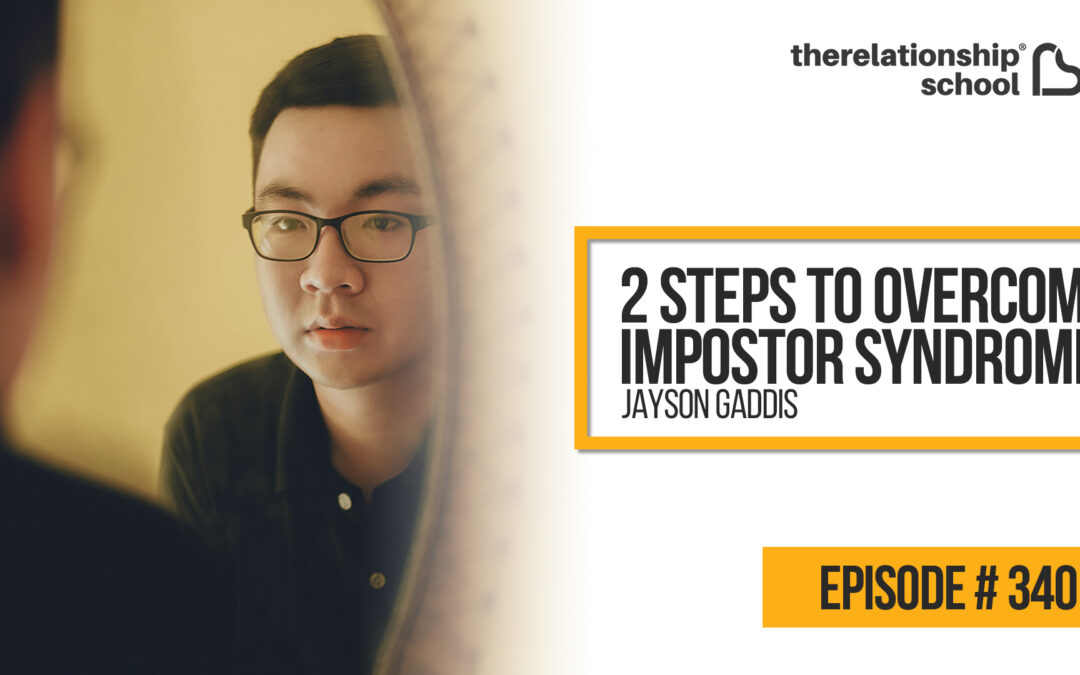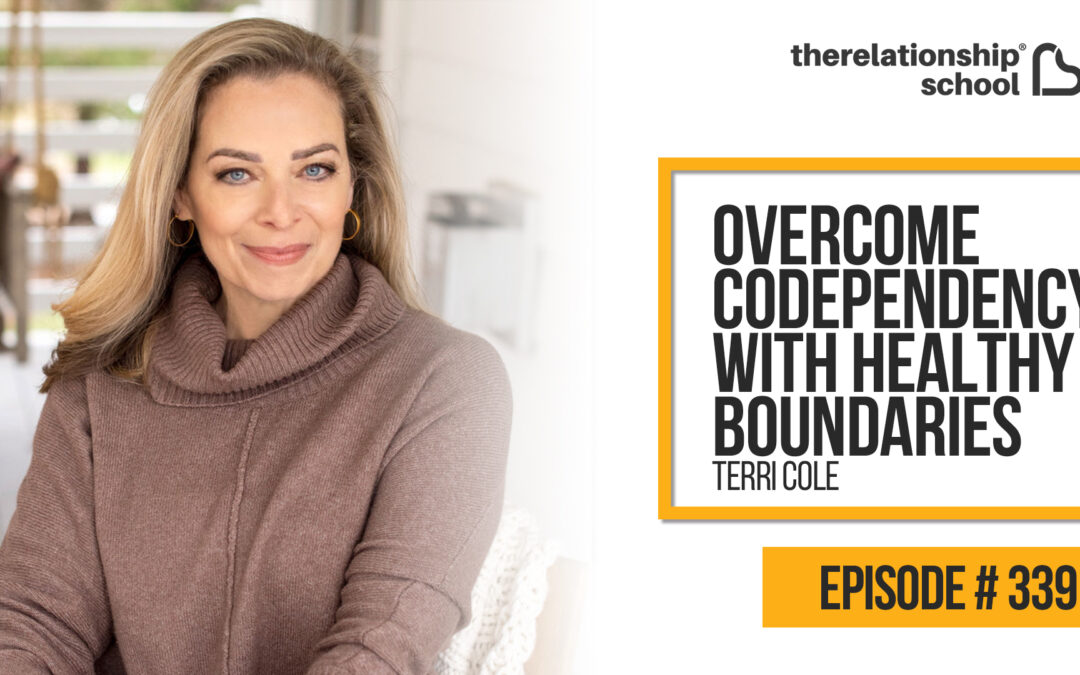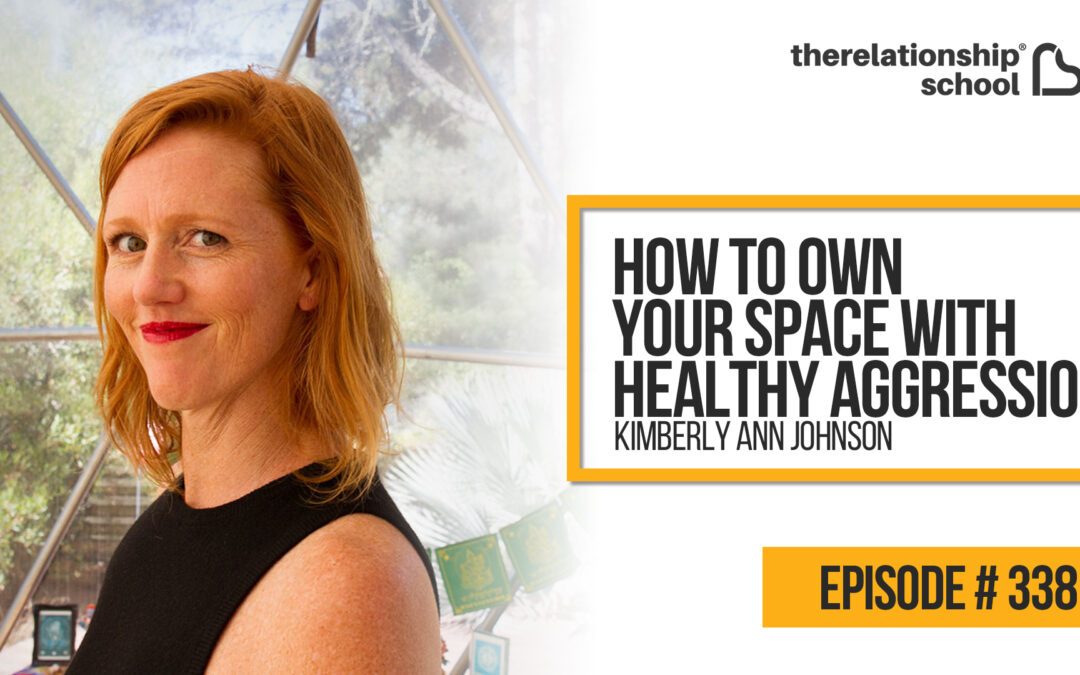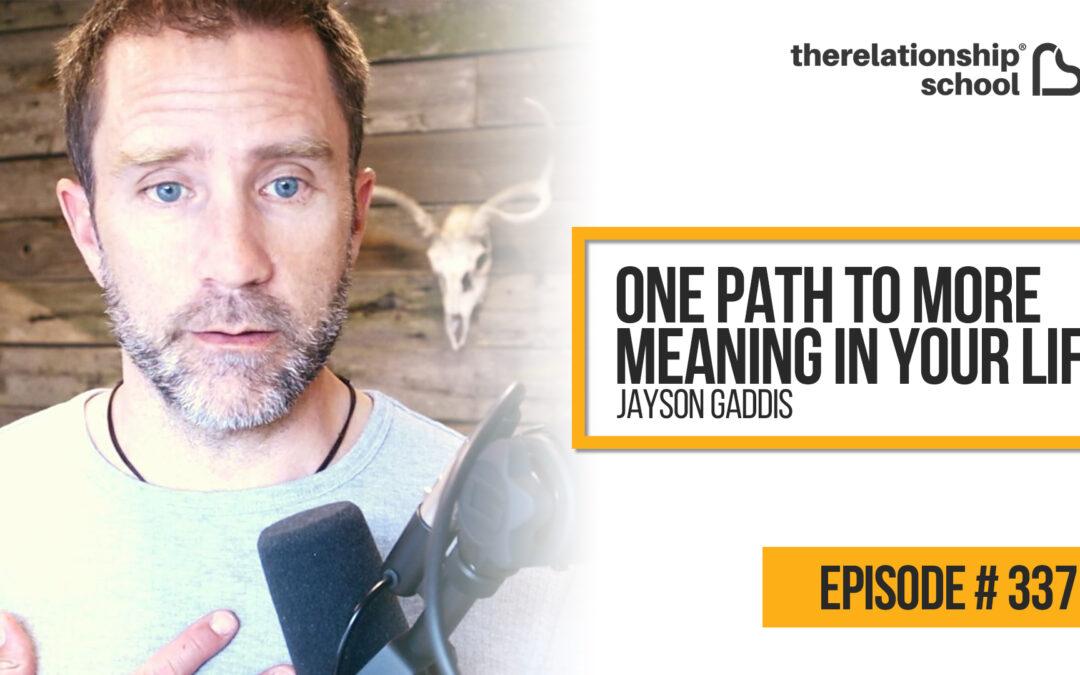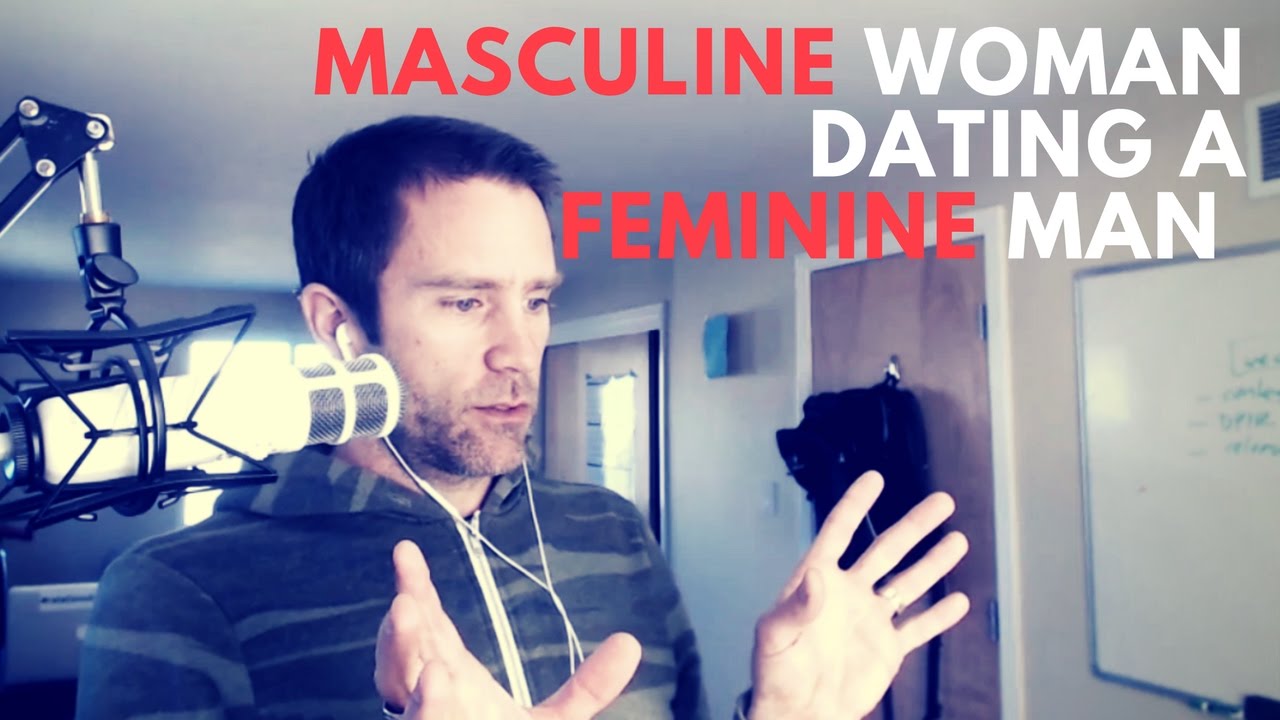My Human Design Session – Erin Claire Jones – 342
How to Boost Your Self-Awareness with Human Design
Let me ask you a question. Do you really know who you are?
Being self-aware is super important because it allows you to unfold your full potential, make the right decisions, and master life with ease.
This week, Erin Claire Jones and I talk about a tool that can boost your self-awareness and lead to a more conscious, rewarding, and fulfilling life. This tool is called human design.
What is human design and how can it help you on your journey?
Human Design helps you recognize your unique gifts and traits, so you can make the most out of them and be in alignment with your true self.
According to it, we’re defined by our type (how we use our energy) and our inner authority (how we make decisions). And combined with your exact time, date, and place of birth, you’ll get your own, unique chart that equips you with concrete tips according to your type.
Does it sound weird to you? If so, you’ll be actually surprised at how accurate and transformative it can be. By knowing how you operate, you learn to use your energy wisely and build on your strengths instead of ignoring, or even denying them.
Let’s dig deeper into the different types. Do you recognize yourself in one of these?
The five types of human design and what makes them unique.
Generators:
Generators respond, as opposed to initiating. They find it easier to wait for clues and signals instead of leaping into action. When they initiate from a mental place, they may feel frustrated in their life and work.
Projectors:
Projectors wait for recognition and invitation. When feeling invited, they guide others with their immense wisdom. But when focusing on the wrong people, they become exhausted and resentful. If they manage to use their energy wisely, however, they’ll experience success in their life and relationships.
Reflectors:
Reflectors have a resilient aura that samples and reflects other auras around them like a mirror. It’s also important for them to separate everyone else’s aura from their own. Before making big decisions, they need more time to think than other types.
Manifestors:
As opposed to Generators who tend to respond, Manifestors are born initiators. Their strategy is to inform others before acting to get their support. Otherwise, they may feel angry because of the resistance they experience.
Manifesting Generators:
As the name tells, they’re a mix between Manifestors and Generators. They inform before acting but also wait to respond.
If you’re not sure which one you are or want to learn more about your type, check this out:
https://erinclairejones.com/lookup
Knowing your type can be a relieving experience. Instead of trying to be someone else, you learn to accept yourself with all your strengths and weaknesses.
As you can see, human design can boost your self-awareness, acceptance, and esteem all at once.
But what does all of this have to do with relationships?
By being self-aware, you learn to communicate better with your partner and prevent heated avoidable conflicts.
And if you’re aware of each other’s uniqueness, you’ll both feel more empathy and act as a great team.
Don’t get me wrong though. While human design can give you great insight into yourself, it also has its limitations and can’t resolve any traumas or make your life a cakewalk. But still, it’s an interesting tool I wanted to share with you.
If you’re curious to find out more about human design and what Erin has to say, listen here:




